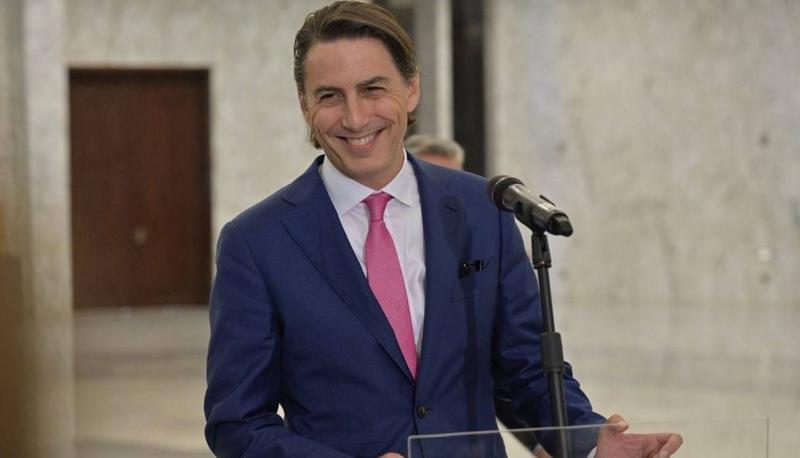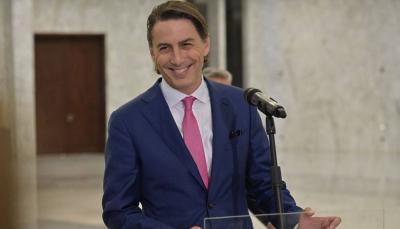A comprehensive basket for Lebanon's crisis is being discussed at an international and regional level, coinciding with escalating tensions on the southern front between Hezbollah and Israel, which has adopted a new military approach focused on establishing extensive fire belts in towns where the party operates, as seen on Monday in Kfarkala, with indications that such a method may extend to other areas. In this context, the visit of French Minister for the Armed Forces, Sébastien Lecornu, to southern Lebanon and his meeting with UNIFIL leadership and Lebanese Army Commander Joseph Aoun stands out, warning that the situation may become more dangerous in the coming period.
A role distribution has emerged between the party led by Hassan Nasrallah and Speaker of Parliament Nabih Berri, where Hezbollah entirely refuses to discuss Resolution 1701, stopping military operations, and reaching a solution before a ceasefire in Gaza. In contrast, Berri believes that no one wants to be dragged into war, and Lebanon is keen on Resolution 1701 and the relationship with UNIFIL, which has been ongoing for more than 40 years. Part of this role distribution grants Berri a broader role politically in negotiations with international powers, especially the Americans.
Consequently, it has become clear that achieving a halt to operations in the south and implementing Resolution 1701 will not be separate from a political agreement regarding the election of a President of Lebanon. These issues will all be present at the upcoming Quintet Committee meeting in a few days to discuss how to consolidate stability and reach a presidential settlement and elect a president capable of negotiating with the world to stabilize the situation in the south.
After the Quintet meeting, French envoy Jean-Yves Le Drian is expected to visit Lebanon to meet officials and update them on what has been accomplished while encouraging them to go forward with a settlement. In this context, diplomatic sources reveal that coinciding with U.S. Secretary of State Antony Blinken’s visit to the region, Global Energy Security Envoy Amos Hochstein will visit Beirut, focusing on three main topics: first, the necessity of preventing any escalation in southern Lebanon, and maintaining military conditions within their current scope, stressing the importance of a ceasefire and stopping military operations and confrontations to prevent developments from worsening.
The second topic is the continuation of talks regarding maritime border delineation and Israel's withdrawal from 13 points, including point B1, while working towards a conceptual framework regarding the Shebaa Farms and Kfarshouba Hills; Hochstein is expected to carry some Israeli proposals and responses. The third point is the emphasis on the necessity of electing a president for the republic and restructuring power, as the situation in Lebanon, in order to keep pace with all these developments and negotiations, must have a president and government capable of negotiating and concluding agreements.
Some consider that Hochstein brings a final message to the Lebanese before any escalation, linking it with other messages communicated by the Americans, French, and British, while others assert that as long as U.S. efforts continue, they aim to avoid escalation and focus on a diplomatic solution, which undermines the "final message" theory, while the negotiation track remains ongoing.




